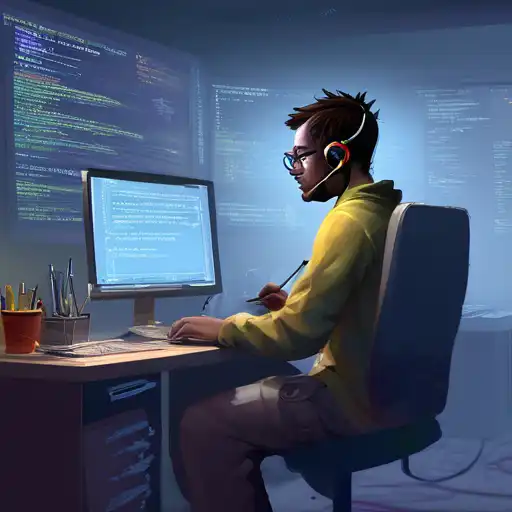Introduction to Debugging for New Programmers
Debugging is an essential skill for every programmer, especially for those just starting out. It involves identifying and resolving errors or bugs in your code that prevent it from running correctly. This article provides practical debugging tips to help new programmers navigate through common coding mistakes efficiently.
Understand the Error Message
One of the first steps in debugging is to read and understand the error message. Compilers and interpreters provide error messages that can give you clues about what went wrong. Pay attention to the line number and the description of the error to pinpoint the issue.
Use a Debugger Tool
Debugger tools are invaluable for stepping through your code line by line. They allow you to inspect variables and the flow of execution at runtime. Familiarize yourself with the debugger in your programming environment to make your debugging process more efficient.
Check Your Syntax
Syntax errors are common among new programmers. Always double-check your code for missing semicolons, brackets, or typos. Using a linter or a code editor with syntax highlighting can help catch these errors early.
Break Down Your Code
If you're dealing with a complex bug, try breaking down your code into smaller, manageable parts. Test each part individually to isolate the section causing the problem. This approach can simplify the debugging process and make it less overwhelming.
Look for Help Online
Don't hesitate to seek help from online communities or forums like Stack Overflow. Many programmers have faced similar issues, and there's a good chance someone has already found a solution. Remember to provide enough context when asking for help.
Practice Makes Perfect
Debugging is a skill that improves with practice. The more you code and encounter bugs, the better you'll become at identifying and fixing them. Keep coding, and don't get discouraged by errors—they're part of the learning process.
Conclusion
Debugging can be challenging for new programmers, but with the right strategies and tools, it becomes manageable. By understanding error messages, using debugger tools, checking syntax, breaking down code, seeking help, and practicing regularly, you'll enhance your debugging skills and become a more proficient programmer.
